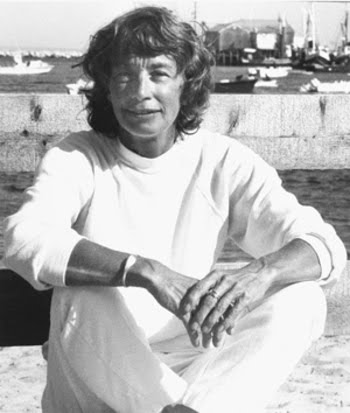
None of her books has received a full-length review in the Times. Still, perhaps because she writes about old-fashioned subjects-nature, beauty, and, worst of all, God-she has not been taken seriously by most poetry critics.

She published her first collection, “ No Voyage and Other Poems,” in 1963, when she was twenty-eight “ American Primitive,” her fourth full-length book, won the Pulitzer Prize, in 1984, and “New and Selected Poems” won the National Book Award, in 1992. (In fact, the entire Mary Oliver motif in “The Anthologist” may well be a sly joke on Baker’s part.) By any measure, Oliver is a distinguished and important poet. Yes, he’s a fictional character, but he’s precisely the kind of person who tends to look down on Mary Oliver’s poetry. And yet each has something.”Ĭoming from Chowder, this statement is a surprise.

In her work, he finds consolation: “I immediately felt more sure of what I was doing.” Of her poems, he says, “They’re very simple. For solace and inspiration, he turns to poets who have been his touchstones-Louise Bogan, Theodore Roethke, Sara Teasdale-before discovering Oliver.

His girlfriend, with whom he’s lived for eight years, has just left him, ostensibly because he has been unable to write the long-overdue introduction to a poetry anthology that he has been putting together. “Mary Oliver is saving my life,” Paul Chowder, the title character of Nicholson Baker’s novel “ The Anthologist,” scrawls in the margins of Oliver’s “ New and Selected Poems, Volume One.” A struggling poet, Chowder is suffering from a severe case of writer’s block.


 0 kommentar(er)
0 kommentar(er)
